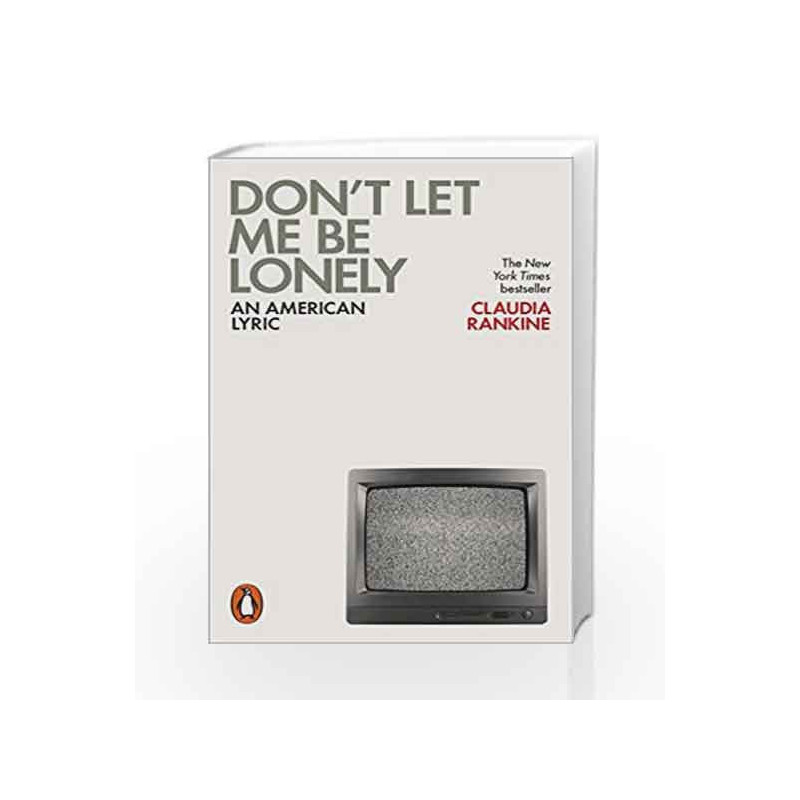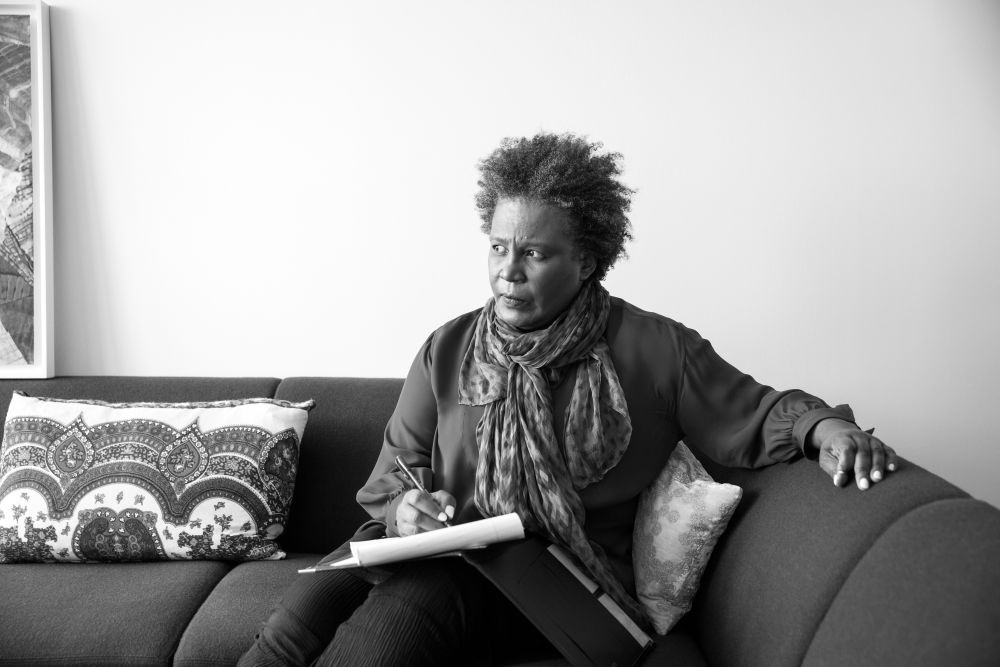

I found myself comparing it a lot with Don DeLillo’s Mao II. Some of this may have been due to being in a good mood generally, but I do think there was something pertinent in the work itself. our brains are controlled by drugs dispensed by evil and all-powerful pharmaceutical companies, and so on, so what is the point of even getting out of bed, much less resistance), it rarely left me in a shitty mood. This contradiction was one of the most fascinating aspects of this piece to me… that while the subject matter was not only somber, but entropically somber (ie. What a depressing book to read over the Thanksgiving holiday!Īlthough, while it was depressing, it wasn’t precisely discouraging.



This new edition is presented in full color with updated visuals and text, including a new introduction by the author, and matches the composition of Rankine’s best-selling and award-winning Citizen and Just Us as the first book in her acclaimed American trilogy.ĭon’t Let Me Be Lonely is a crucial guide to surviving a fractured and fracturing American consciousness-a book of rare and vital honesty, complexity, and presence.Well. Fusing the lyric, the essay, and the visual, Rankine negotiates the enduring anxieties of medicated depression, race riots, divisive elections, terrorist attacks, and ongoing wars-doom scrolling through the daily news feeds that keep us glued to our screens and that have come to define our age.įirst published in 2004, Don’t Let Me Be Lonely is a hauntingly prescient work, one that has secured a permanent place in American literature. A brilliant and unsparing examination of America in the early twenty-first century, Claudia Rankine’s Don’t Let Me Be Lonely invents a new genre to confront the particular loneliness and rapacious assault on selfhood that our media have inflicted upon our lives.


 0 kommentar(er)
0 kommentar(er)
